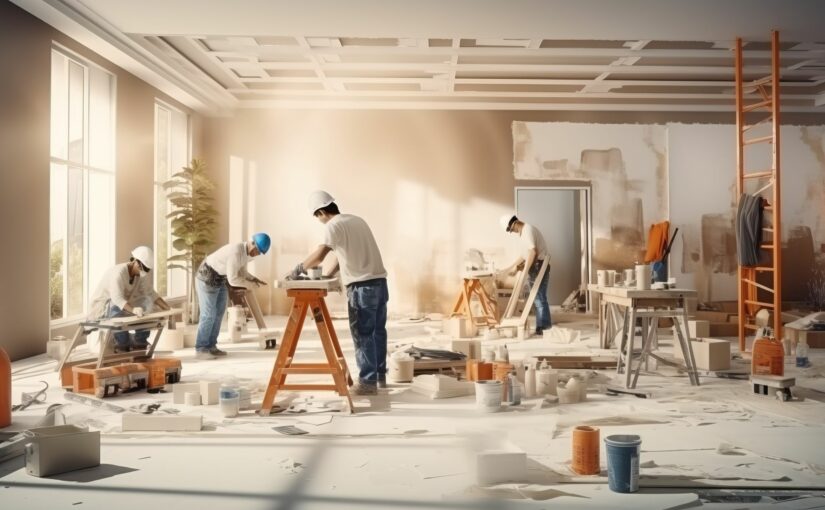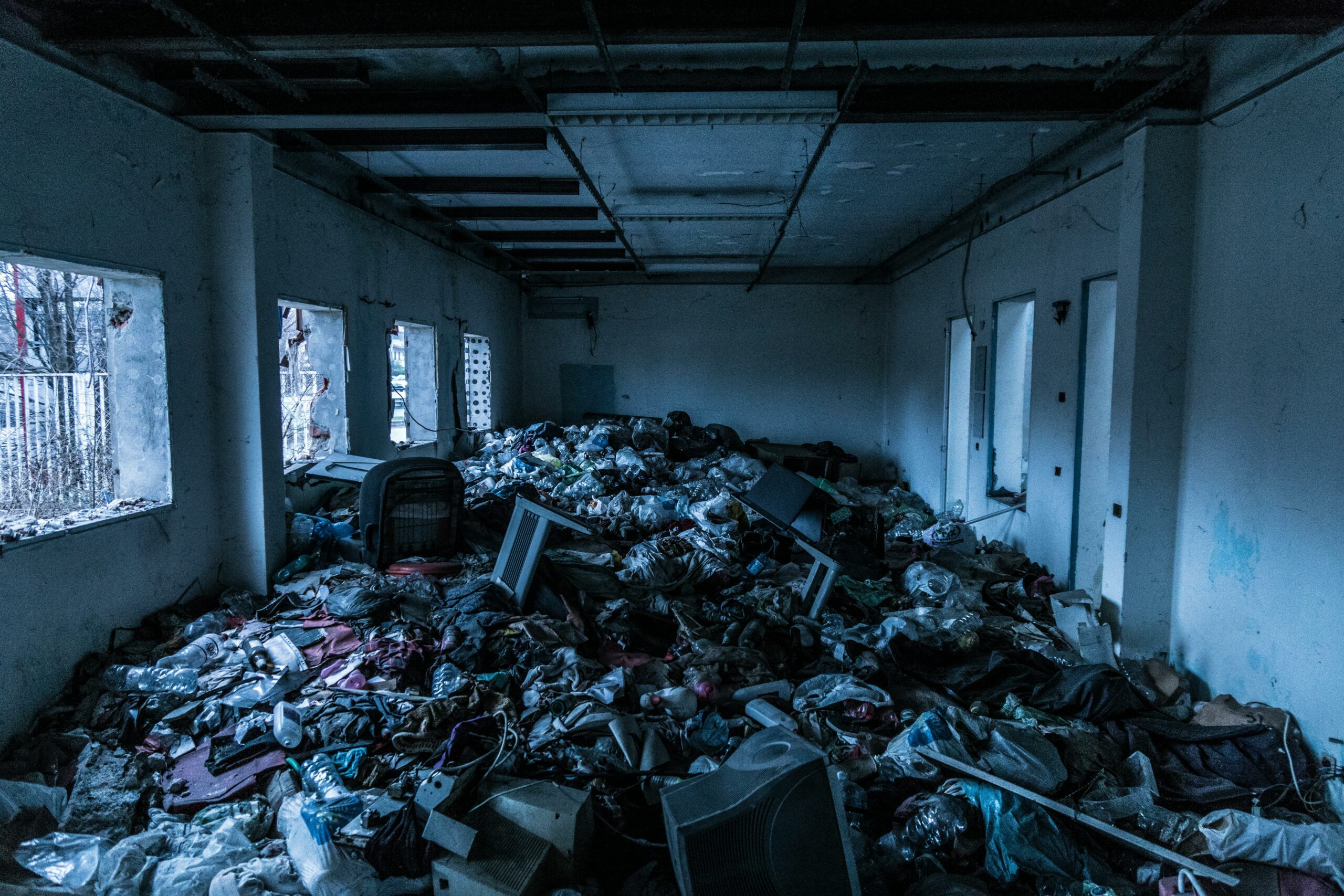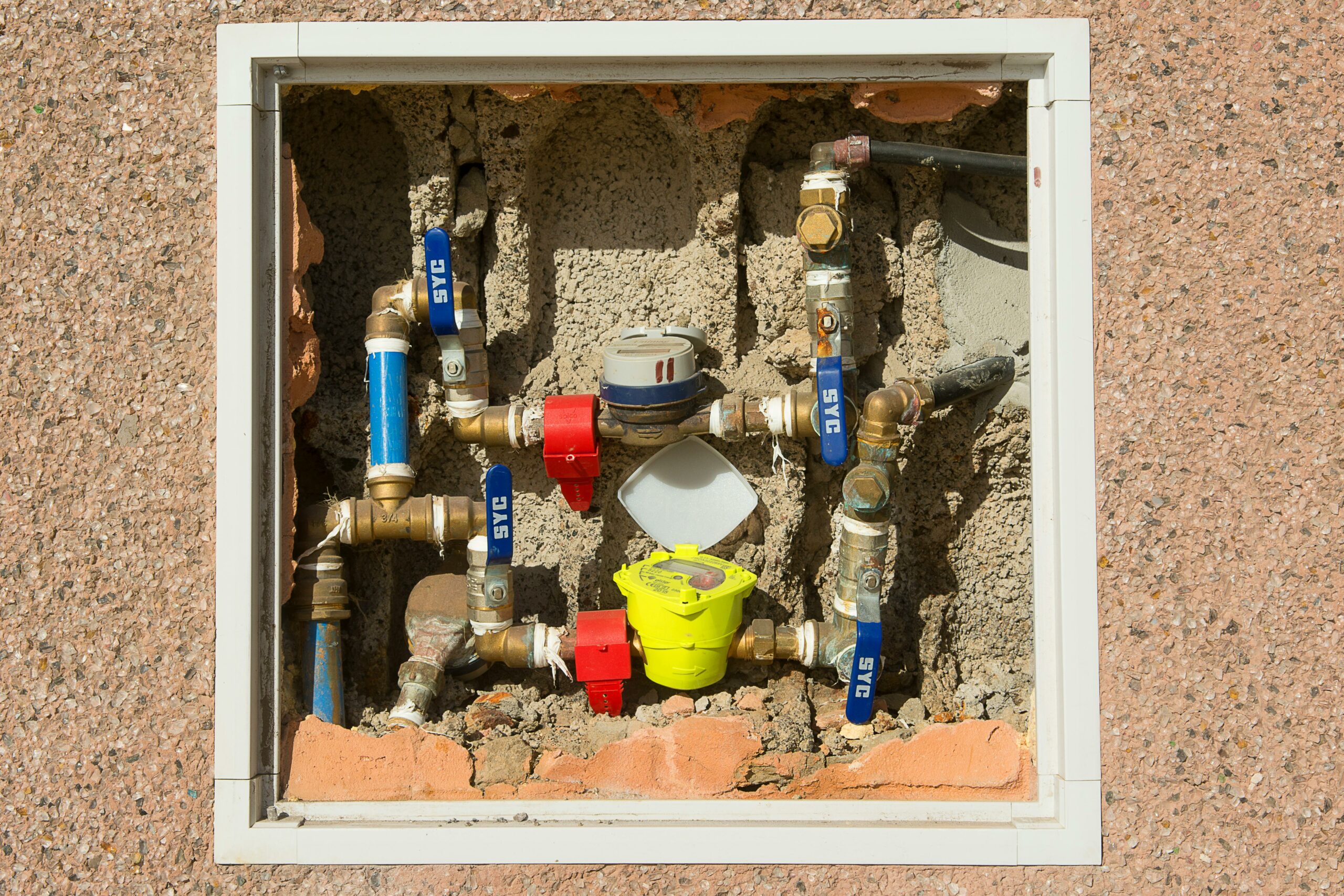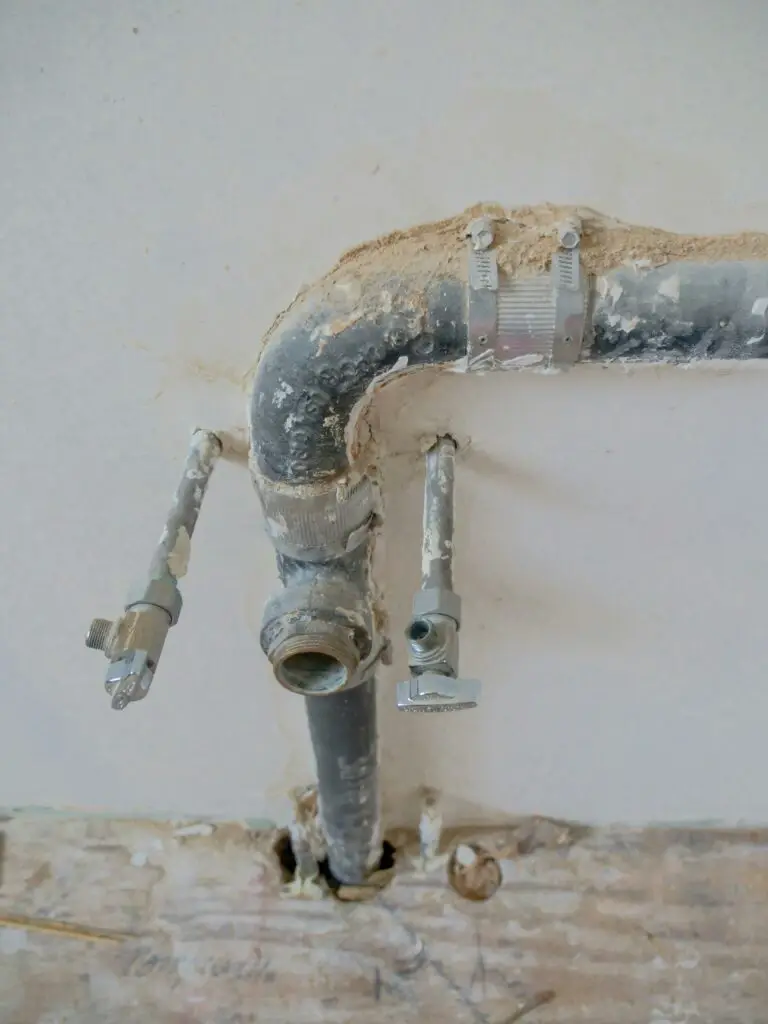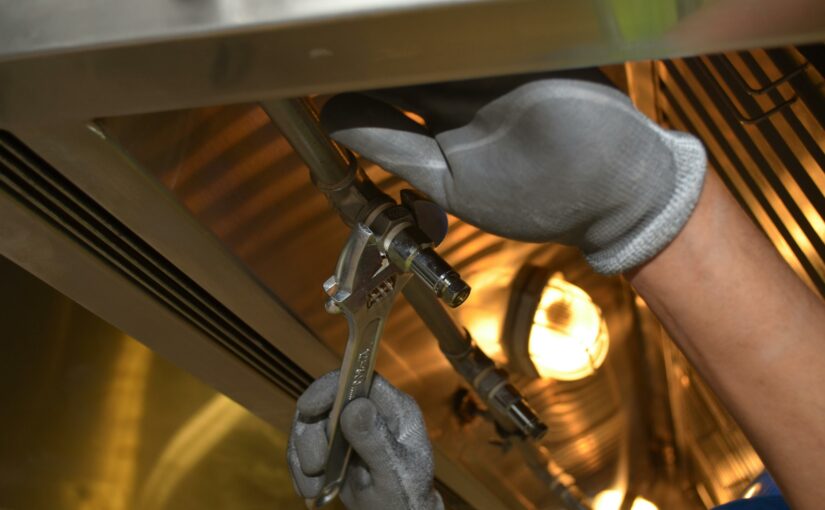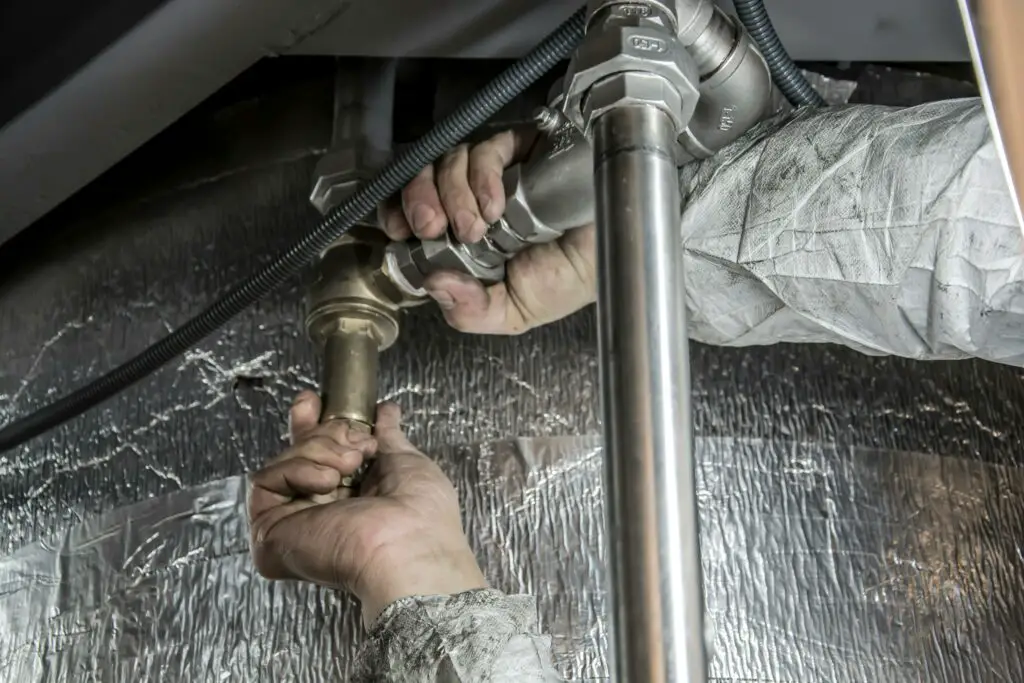Taking on a fixer-upper is a bold and exciting project, but living in the middle of renovations can be chaotic. The constant noise, dust-covered furniture, and daily disruptions aren’t the dream home experience. But here’s the good news: you don’t have to stick around to make it happen.
This article provides practical tips on managing fixer-upper renovations without living onsite. Read on for the details!
Ensure Sufficient Pest Control During Renovations
A property under renovation can easily attract vermin like rodents and insects. Construction sites create ideal conditions with open spaces, exposed materials, and leftover food scraps. Ignoring pest control can lead to damage and added expenses, so it’s essential to take preventive measures.
To prevent this, consider the following:
- Regularly inspect the site for gaps, holes, or cracks in walls, windows, and doors, and seal them to minimize entry points.
- Hire professionals to assess and treat the site at different stages of the renovation.
- Clear away all waste daily, especially food-related trash, and encourage contractors to use sealed bins and dispose of materials properly.
- Place traps or deterrents in areas prone to pests, such as basements, attics, or near construction materials stored on site.
Including construction site pest control in your renovation plan will help prevent unnecessary delays and expenses. A pest-free site will help your project run smoothly and ensure a healthier, cleaner space when the renovation is complete.
Develop a Clear Renovation Plan
Before any work begins, establish a comprehensive plan outlining your renovation budget, goals, and timeline. Be specific about the changes you want, such as structural updates, design elements, or new fixtures.
To avoid disruptions, make sure your plan includes contingencies for unexpected delays or renovation costs. For instance, if you postpone roof replacement due to bad weather, have a plan to adjust timelines for other tasks.
An organized plan will ensure everyone involved stays informed, focused, and productive. Even if you’re not on site, a clear roadmap will keep the project on track and reduce unnecessary setbacks.
Establish Clear Communication Channels
Consistent communication will ensure you stay informed and involved in your renovation project, even from a distance. So, set a regular schedule and channels for updates with your contractor, such as weekly or bi-weekly meetings. These check-ins are an excellent opportunity to review progress, clarify next steps, and address concerns.
For smaller updates or quick decisions, you can use messaging apps or emails. This will keep minor issues from piling up between scheduled meetings. But when major changes arise, arrange an immediate one-on-one meeting to avoid miscommunication.
Arrange Temporary Housing Nearby
Finding temporary housing close to your fixer-upper can simplify the remodeling process. It’ll also make visiting the site easier and allow you to stay engaged without living in a construction zone.
When looking for temporary housing, consider short-term rental options or staying with family or friends. While at it, factor in travel time and convenience to ensure frequent visits are manageable. Most importantly, plan your visits strategically to monitor progress while minimizing interruptions to your daily routine.
Ensure Proper Permits and Inspections
Following local building codes is critical to any successful home improvement project. Work closely with your contractor or project manager to secure all required permits before construction starts. Skipping this step can result in fines, delays, or complications when you sell the property in the future.
During the home renovation, plan for inspections at key milestones to confirm that the work meets code requirements. For instance, inspect your plumbing and electrical systems before sealing the walls. These checks ensure everything is safe and compliant, giving you peace of mind.
Prioritize Security and Maintenance
Keeping your property secure and well-maintained during renovations is crucial, especially when you’re not living onsite. An unoccupied home can attract unwanted attention, making it vulnerable to theft or vandalism if you overlook precautions.
To ensure your home is secure, start by installing security measures like cameras and alarm systems to monitor activity and deter potential intruders. Smart locks are also a practical option. They allow you to control access for contractors and delivery personnel without being physically present.
In addition to security, schedule a home inspection to address any emerging maintenance issues, such as leaks, structural problems, or signs of pests. These steps will ensure the property remains safe, prevent delays, and protect your investment throughout the process.
Plan for a Smooth Transition
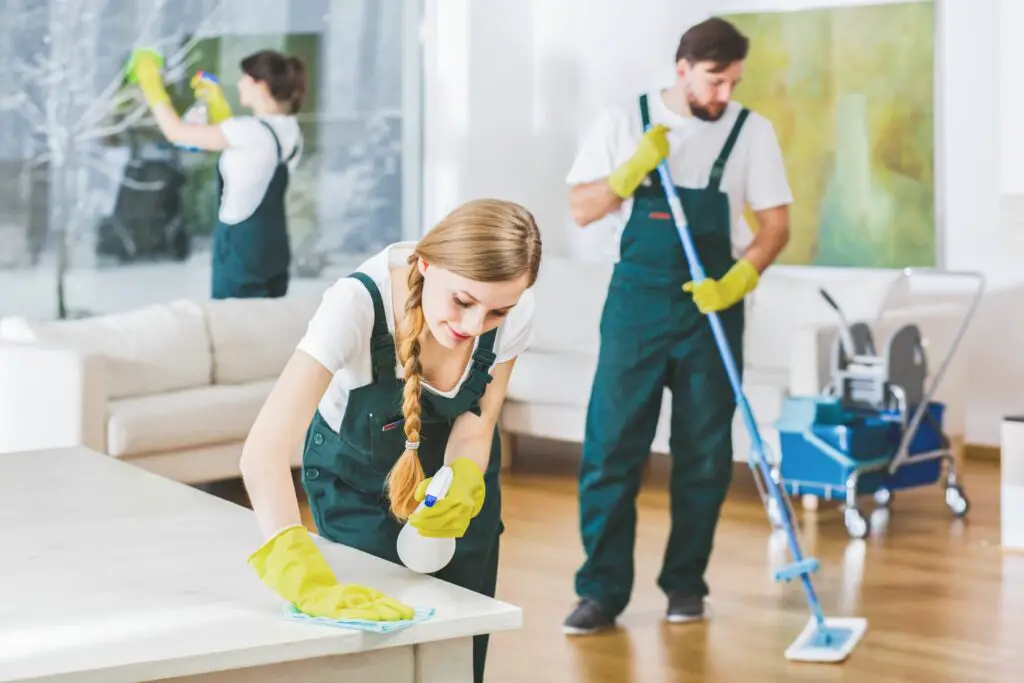
As your renovation wraps up, focus on preparing for a seamless move back into the property. Work with your contractor or project manager to schedule a final walkthrough. Use this opportunity to address any outstanding tasks, such as touch-ups or corrections, to see if everything meets your expectations.
Make sure you create a detailed checklist to verify that all agreed-upon work is complete. This might include checking the quality of paint finishes, testing plumbing fixtures, or inspecting new appliances. A thorough review will help you avoid surprises after the renovation is complete.
Before moving back in, consider arranging a professional cleaning. A spotless and polished space highlights the results of your renovation, boosts property appeal, and makes it ready for living in or listing on the market.
Conclusion
Managing a fixer-upper renovation without living onsite might seem challenging, but it’s entirely achievable with careful planning and the right strategies. From developing a clear home improvement plan to maintaining regular communication and prioritizing security, each step contributes to a smoother, less stressful process. With these strategies, you can turn your fixer-upper into your dream home without sacrificing comfort during your renovation project.
